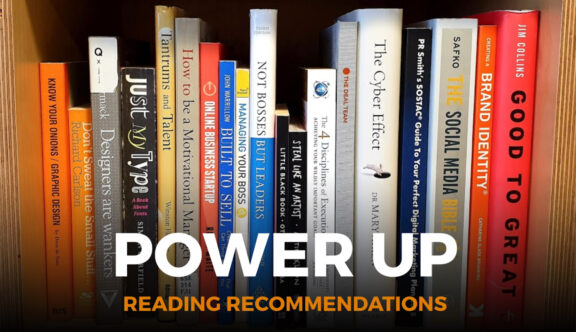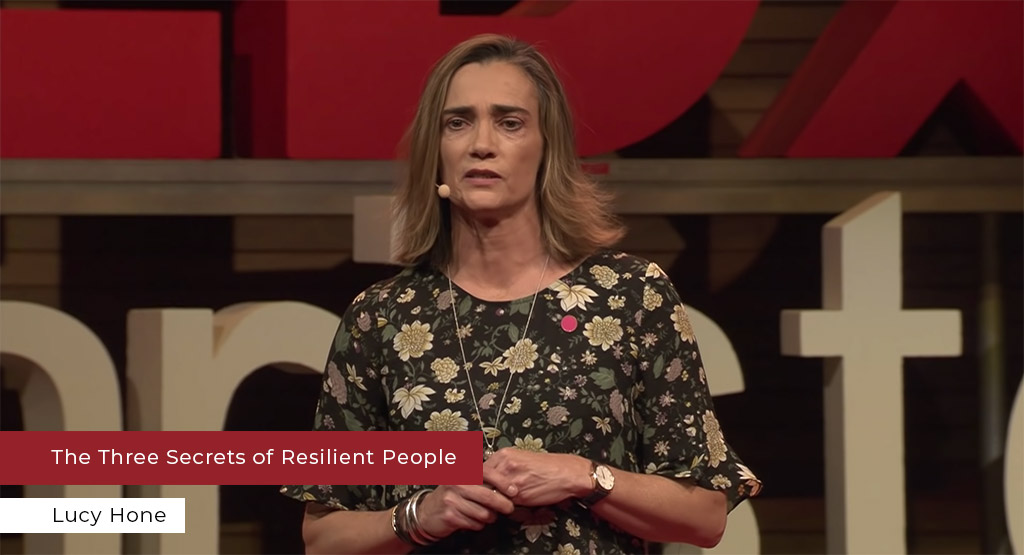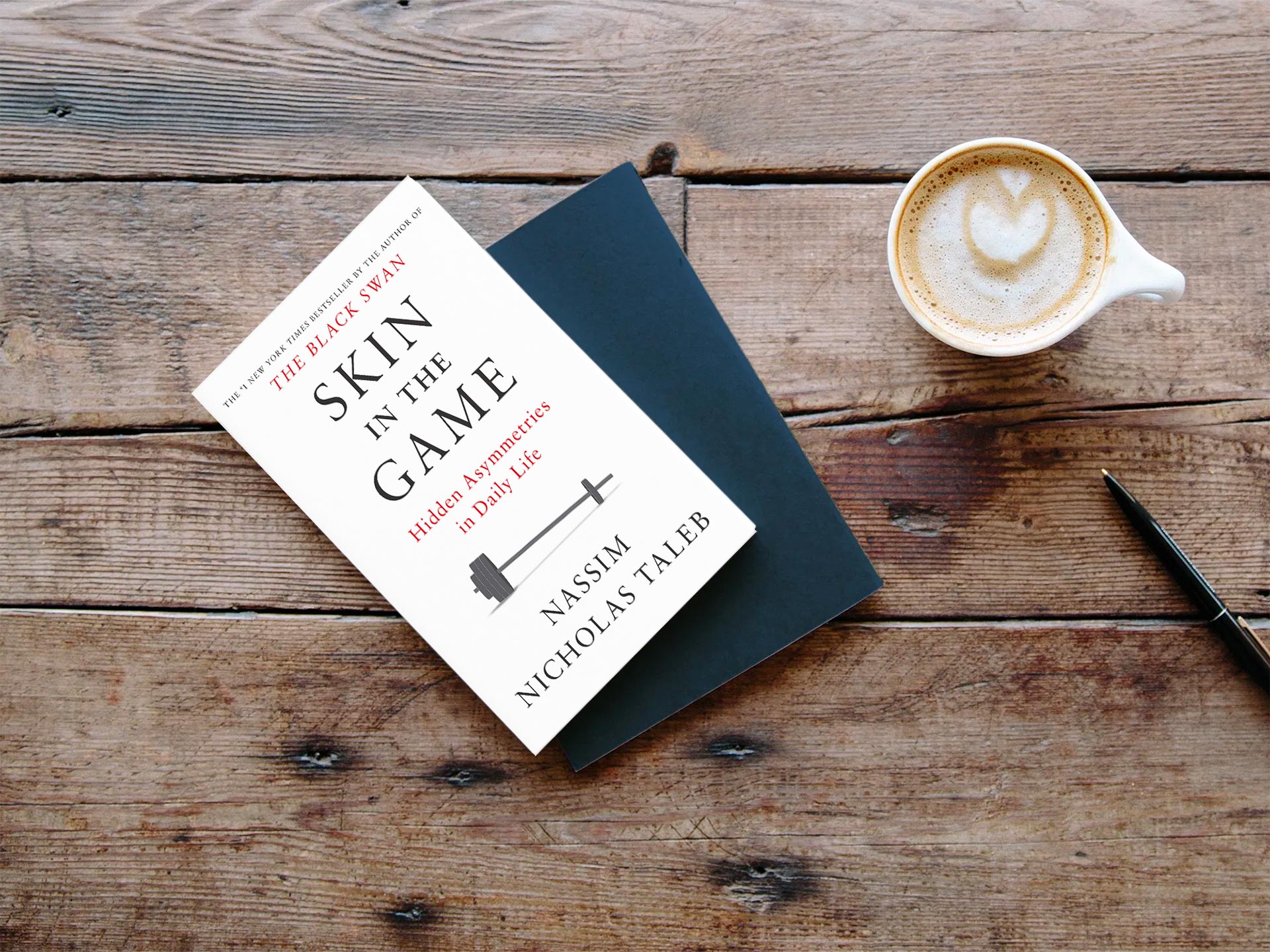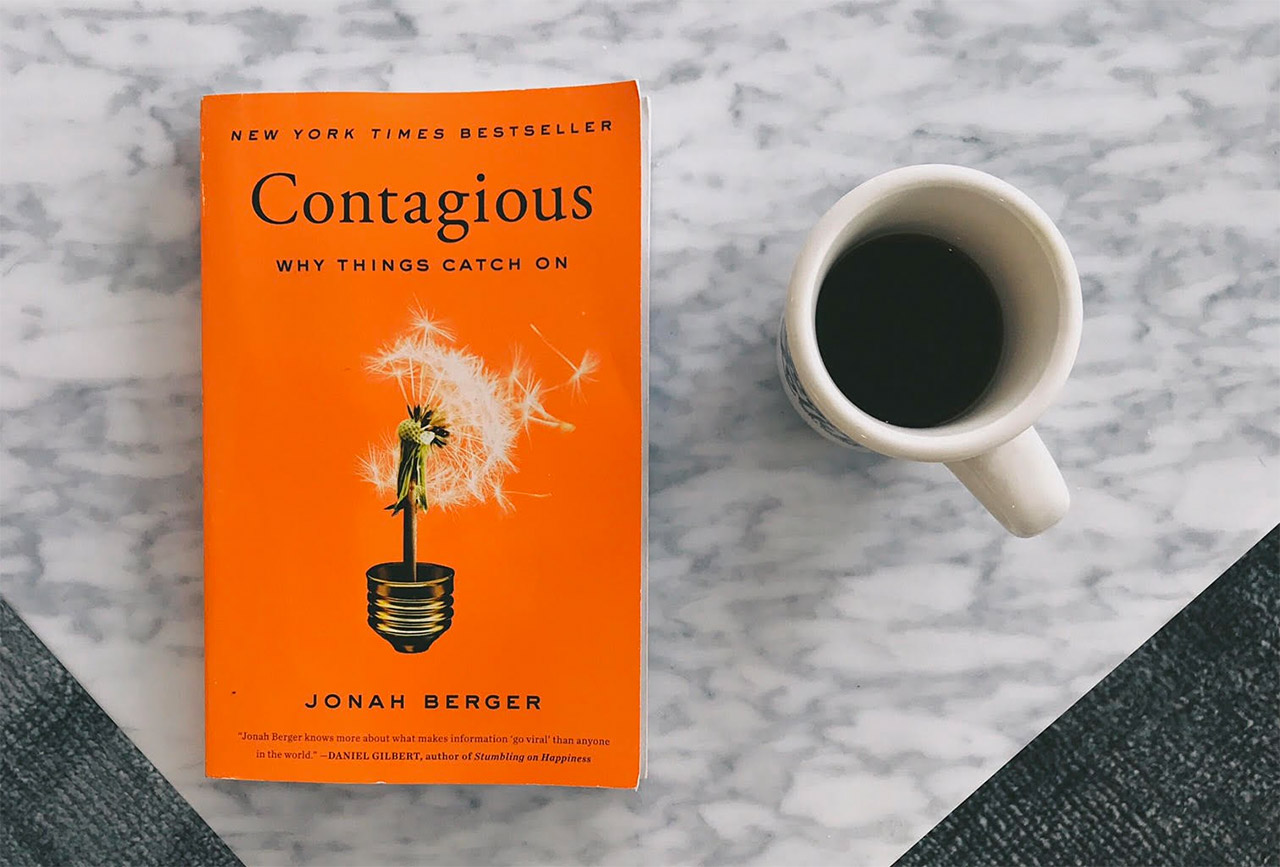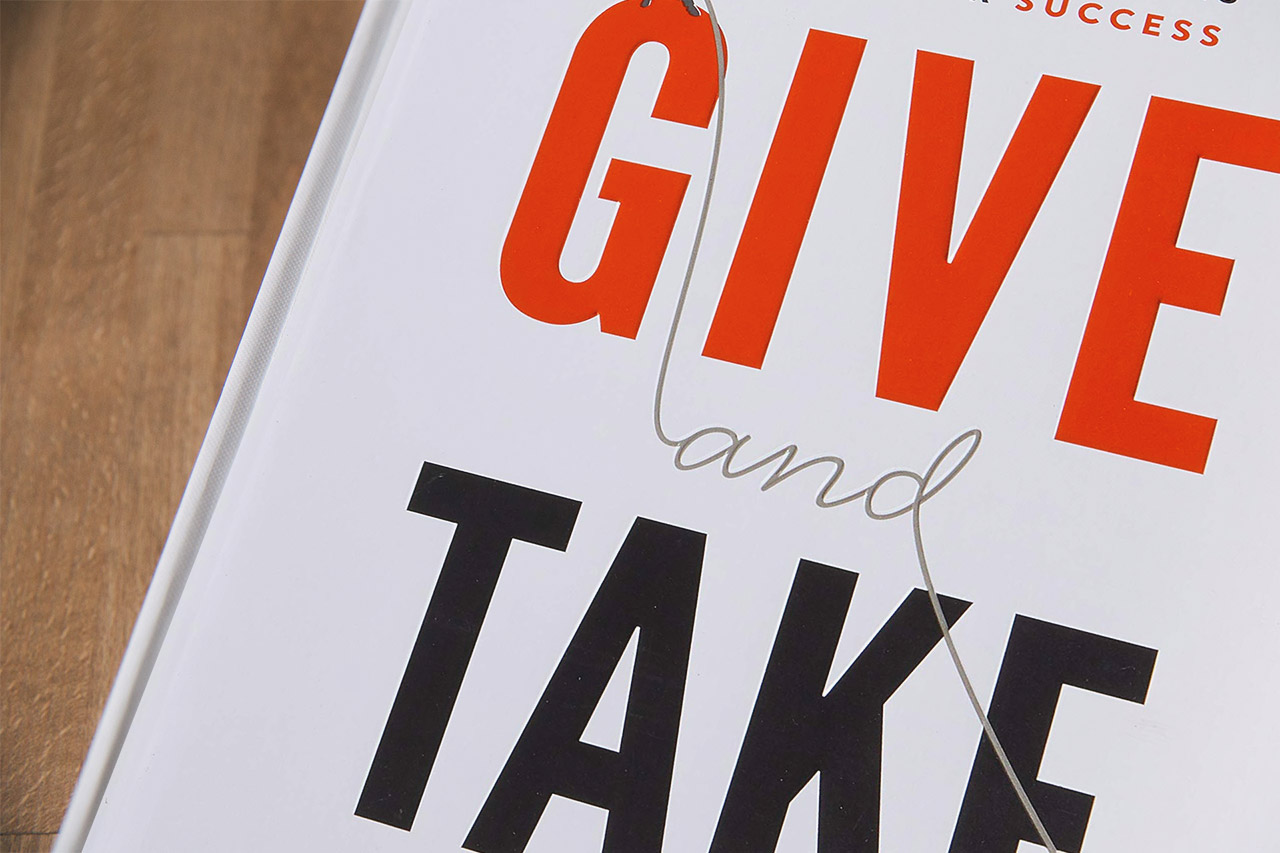In theory, the November lockdown should have given our Power Up team more time to read and learn. However, with all the Christmas preparations in the works, the team had to carve out little learning bubbles to quench their ever-growing thirst for marketing knowledge. Check out what we’ve discovered this month…
 Three secrets of resilient people [Ted Talk]
Three secrets of resilient people [Ted Talk]
Author: Lucy Hone
Reader: Emma Squires
Speed Rating: 8/10
Key Learnings
- The most resilient people know that bad things happen to everyone. They ask themselves “Why not me” instead of Why me?
- Resilient people are really good at choosing carefully where they select their attention. Focus on the things they can change and fundamentally not on the things that they can’t control. Following a study of a range of people over six months, those who spent their day writing the small things they are grateful for and that went well, they ended the study with much higher levels of gratitude.
- Resilient people ask themselves “Is what I’m doing now helping me or harming me?”
- Resilience isn’t something easy, it takes hard work and once learnt, we can all live much happier lives.
Listen to it Yourself: https://www.youtube.com/watch?v=NWH8N-BvhAw
Skin in the Game
Author: Nassim Nicholas Taleb
Reader: Ian Garstang
Speed Rating: 6/10
Key Learnings
In the sales world, the idea of having an active stake in the outcome of a decision is not uncommon. Some companies offer lower salaries from the outset, with bonuses based on the number of sales they make. Effectively, they have ‘skin in the game’.
However, the concept that the extent of people’s stakes in particular outcomes is a critical yet underrated determinant of events is a highly intriguing idea.
Couple with that, the idea that people should have to pay some kind of penalty for those decisions that negatively impact others—risk sharing vs. risk transfer—is a strong framework for thinking about a host of issues.
For example, if a politician or ‘expert’ advises a course of action that has a negative result, should that ‘expert’ be held accountable? In most cases, success enjoys bonuses and credit, but failure is largely left unpunished.
This is a fascinating book that opens up a whole new school of thought that asks anyone connected with a decision to have ‘skin in the game’ in order to make a more considered decision.
Read it Yourself: https://amzn.to/2JZmFgs
Contagious: Why things catch on
Author: Jonah Berger
Reader: Jordan Bambridge
Speed Rating: 8/10
Key Learnings
Contagious is a timely read which looks at Viral Content and how it spreads, three key learnings from the book:
Social Currency.
Using Blendtecs example of Marketing a Blender on a small budget, Social Content spreads if you see it as social currency and the value it can give. If your content makes the sharer look; knowledgeable, successful, helpful or Blendtecs case, interesting; your content will be a powerful tool to your business!
Emotion Matters.
When we care, we share. By using the three ‘Why’s’ (Why is the product important, why is that important and why is that important).
Once upon a time.
Humans are bound to stories, we love a good hero vs villain story. Centre your product around a good story to engage your audience.
Read it for yourself: https://www.amazon.co.uk/dp/B008J3ZNLQ/ref=dp-kindle-redirect?_encoding=UTF8&btkr=1
Give and Take – Adam Grant
Author: Adam Grant
Reader: Levi
Speed Rating: 4/10
Key Learnings So Far
This book is about learning what kind of personality you are, and how to become the one you should be: a giver, or a taker.
A giver is someone who consistently gives for no personal gain, and a taker is someone who consistently takes from others for personal gain.
- Givers tend to experience success later in life, but it is fulfilling and long-term, leading to happier lives
- Takers tend to experience short bursts of success, followed by bursts of struggle – this often results in less happy lives
- It’s possible to be a fake giver and a fake taker
- It’s also possible to be a bit of both in certain situations
- Stepping on other people’s success does not guarantee your own success
- Building other people up encourages others to build you up in return
So, that’s it for 2020, but many of use are hoping there will be some new books under our Christmas trees this year! Join us again next year as we share what we’ve been reading, how we would rate it and what we’ve learned from it. Sign up to our newsletter to receive regular content and reading recommendations from the team!
